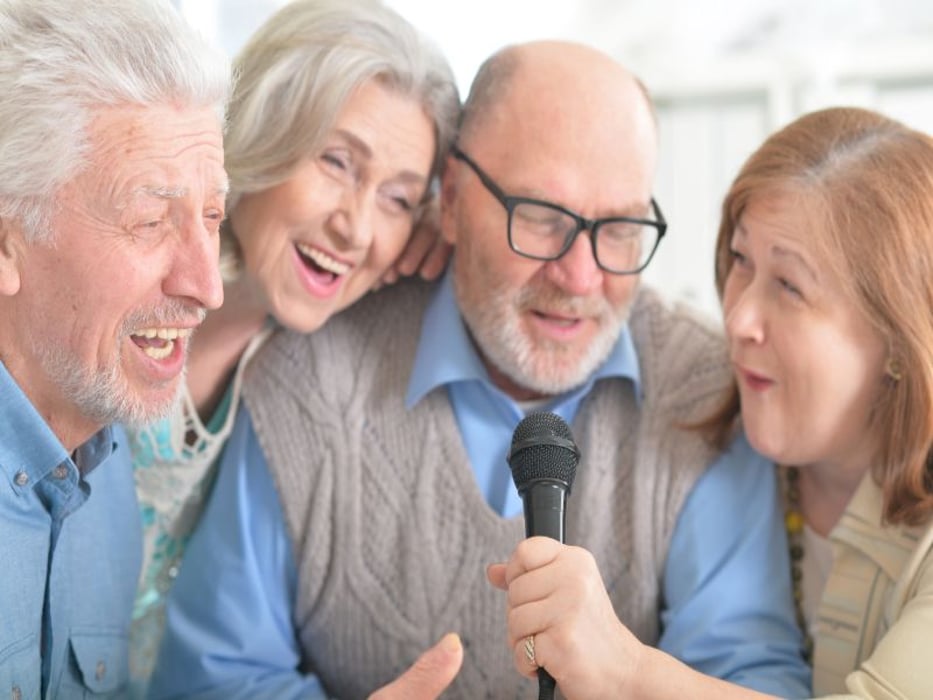What absolute laziness, WHOM is going to do the research and create protocols that will change that 'might' to 'will deliver recovery'? With NO stroke leadership and NO stroke strategy, NOTHING WILL BE DONE!
Singing Might Aid Recovery After a Stroke

Published on January 03, 2023

Key Takeaways
Four in 10 stroke survivors struggle to comprehend or deliver written or spoken language, a condition called aphasia
Even patients with severe aphasia may retain singing ability
A group-based singing program called melodic intonation therapy may help some regain communication skills
TUESDAY, Jan. 3, 2023 (HealthDay News) -- Singing may help stroke patients regain communication skills, according to new research.
About 40% of stroke survivors have aphasia, a difficulty to deliver or comprehend spoken or written language. That impairment is ongoing for about half of those patients a year after their stroke, potentially affecting quality of life or leading to social isolation.
Researchers in Finland studied a singing-based group rehabilitation program.
"Our study utilized a wide variety of singing elements, such as choral singing, melodic intonation therapy and tablet-assisted singing training," said study co-author Anni Pitkäniemi, a doctoral researcher at the University of Helsinki. She spoke in a university news release.
Melodic intonation therapy involves using melody and rhythm to progress gradually from singing toward speech. It has been used to some extent in aphasia rehabilitation.
Though previous research had determined that it was possible to retain singing ability even in severe aphasia, the use of singing -- especially choral singing -- had not been widely studied in aphasia rehabilitation.
Rehab sessions were led by a trained music therapist and a trained choir conductor.
While singing therapy has typically been done individually, these researchers suggested that singing-based group training should be used as part of aphasia rehabilitation.
"In addition to training in speech production, group-based rehabilitation provides an excellent opportunity for peer support both for the patients and their families," said co-author Sini-Tuuli Siponkoski, a postdoctoral researcher at the university.
The researchers also found that the burden experienced among family caregivers participating in the study decreased notably.
"Our study is the first where caregivers participated in rehabilitation and their psychological well-being was evaluated," Siponkoski said in the release.
The findings were published Dec. 27 in the journal Brain Communications.
What This Means for You
A singing-based group rehabilitation program could help stroke survivors overcome lingering speech and language disabilities.
More information
No comments:
Post a Comment